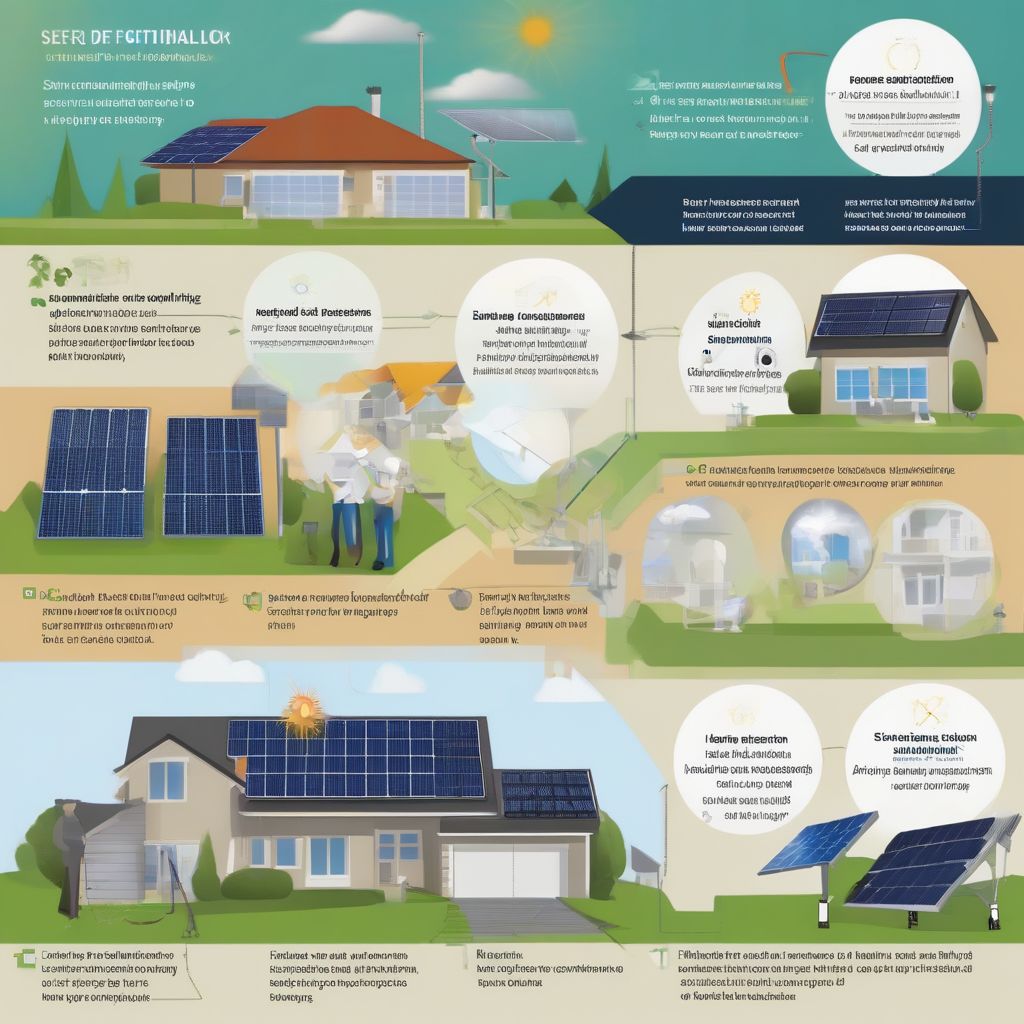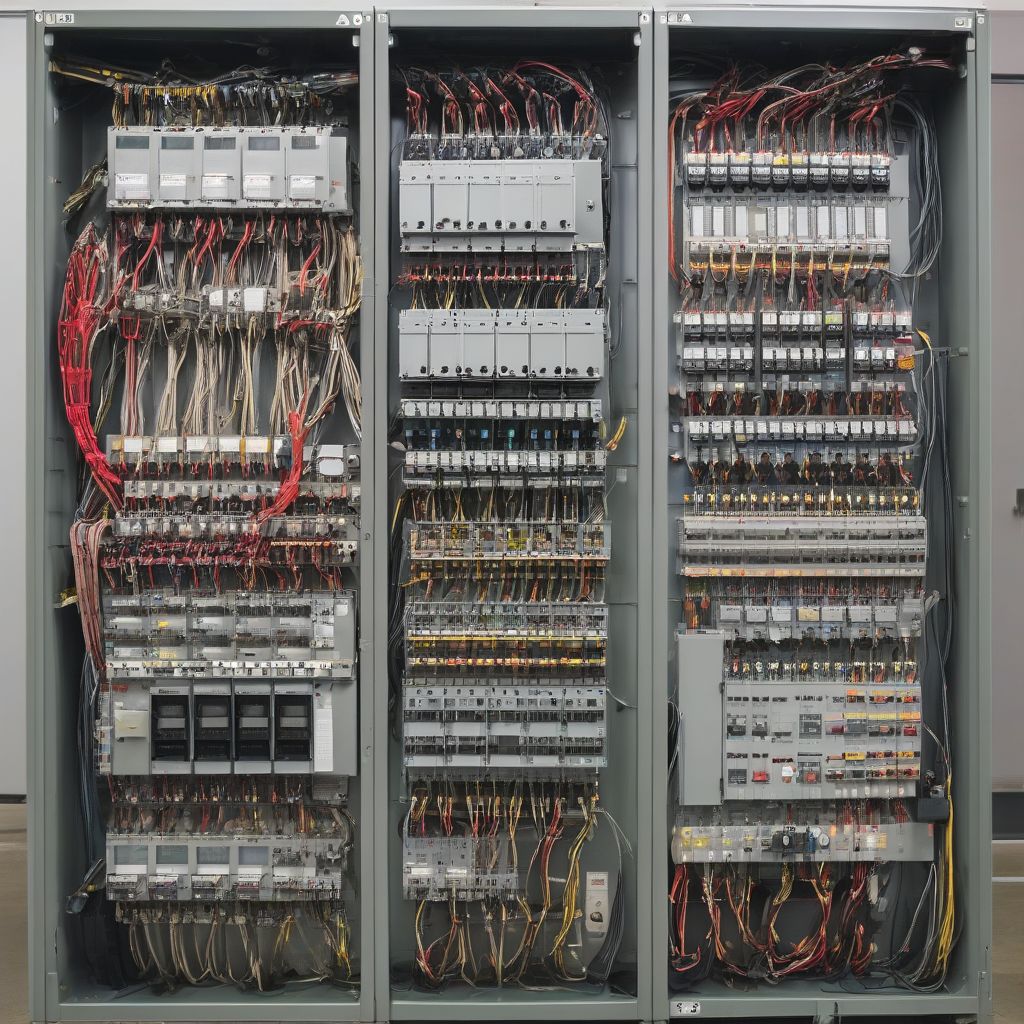In a world grappling with climate change and seeking energy independence, Solar Home Electricity emerges as a beacon of hope. No longer a futuristic concept, solar power is a tangible and affordable solution for everyday homeowners. But what exactly does it entail?
Understanding Solar Home Electricity
Solar home electricity, in its essence, is about capturing the sun’s energy and converting it into usable electricity for your home. This process hinges on the remarkable technology of solar panels, also known as photovoltaic (PV) panels. These panels, typically installed on rooftops, are comprised of solar cells that perform the crucial energy conversion.
How Do Solar Panels Generate Electricity?
-
Capturing Sunlight: Solar panels, composed of silicon cells, act like antennas for sunlight. When sunlight strikes these cells, it sets electrons within the silicon into motion.
-
Generating Direct Current (DC) Electricity: The movement of these electrons generates direct current (DC) electricity within the solar panels.
-
Conversion to Alternating Current (AC) Electricity: Since homes run on alternating current (AC) electricity, a device called an inverter steps in. The inverter converts the DC electricity generated by the panels into usable AC electricity.
-
Powering Your Home: This converted AC electricity flows directly into your home’s electrical panel, powering your appliances and devices.
-
Net Metering: In many jurisdictions, excess electricity generated by your solar panels can be fed back into the grid, often earning you credits with your utility company through a process called net metering.
Why Choose Solar Home Electricity?
The allure of solar home electricity extends beyond its eco-friendly nature. Let’s explore the compelling reasons why homeowners are increasingly embracing this sustainable energy solution:
1. Environmental Stewardship
Solar energy is a clean, renewable resource. By choosing solar, you contribute to a greener future by reducing your carbon footprint and reliance on fossil fuels. This shift towards cleaner energy sources is paramount in mitigating the impacts of climate change.
2. Financial Savings
While the initial investment in a solar panel system can seem significant, the long-term financial benefits are undeniable. Solar panels slash your monthly electricity bills and often provide a return on investment through net metering and potential tax incentives.
3. Energy Independence
Solar energy empowers you with energy independence. By generating your own electricity, you become less reliant on the grid and are less susceptible to fluctuating energy prices. This autonomy is particularly valuable in areas prone to power outages.
Common Queries About Solar Home Electricity
1. What is the Lifespan of Solar Panels?
Modern solar panels are remarkably durable, with most manufacturers offering warranties of 25 years or more. However, it’s important to note that their efficiency may slightly decline over time.
2. What Happens During Power Outages?
Most grid-tied solar systems shut down during power outages for safety reasons. However, investing in a solar battery backup system can provide uninterrupted power supply even during grid failures.
3. Is My Roof Suitable for Solar Panels?
The ideal roof for solar panels is south-facing (in the Northern Hemisphere) with ample sunlight exposure. However, advancements in solar technology allow for installations on various roof types and orientations, albeit with potentially lower energy output.
4. What is the Installation Process Like?
Installing a solar panel system typically involves a site assessment, system design, permitting, installation, and inspection. Reputable solar installers will guide you through each step, ensuring a smooth and efficient process.
 Solar panel installation steps
Solar panel installation steps
Conclusion: Powering Your Home and the Future
Solar home electricity is no longer a niche option but a mainstream solution for homeowners seeking clean, affordable, and reliable energy. By embracing solar power, you not only reduce your environmental impact but also take control of your energy future, enjoying both financial and ecological benefits for years to come.

